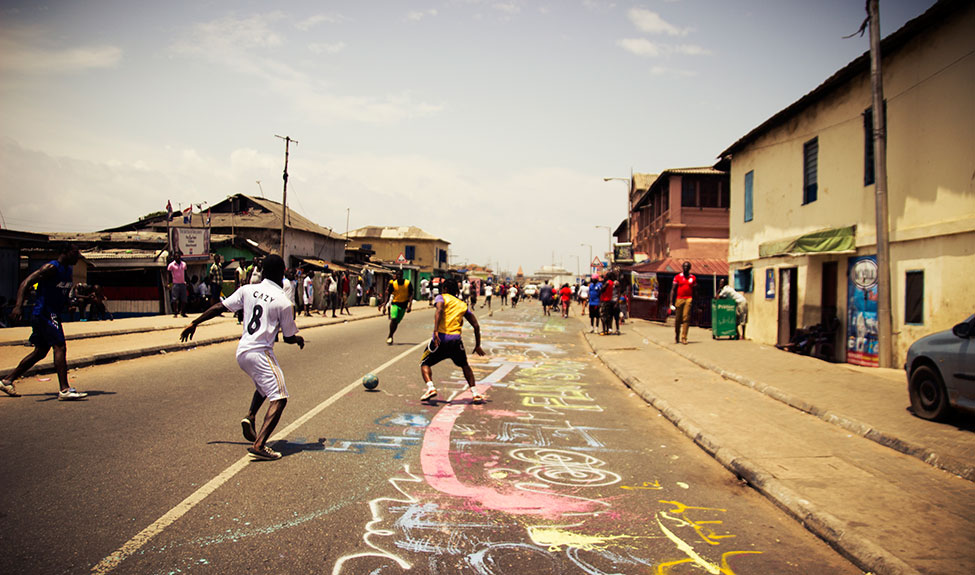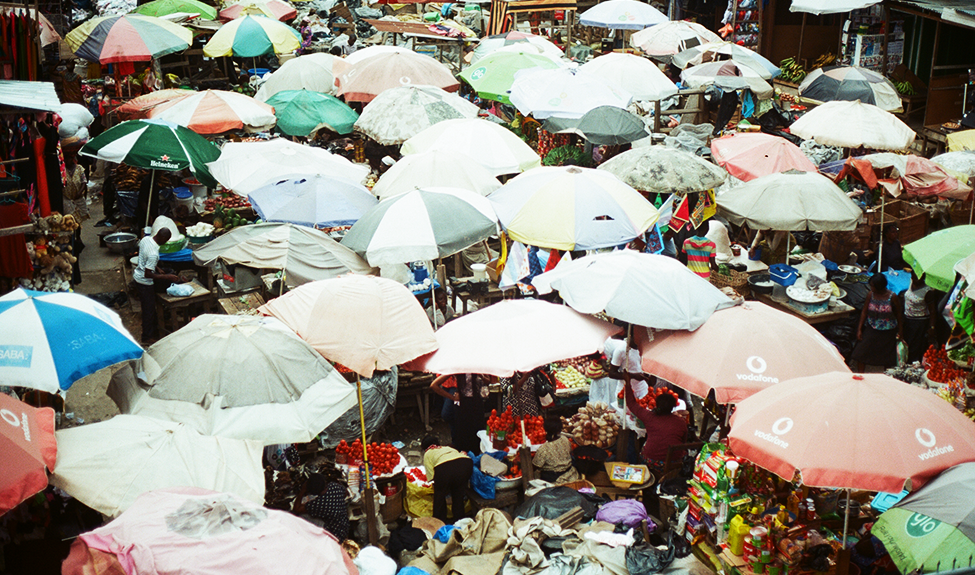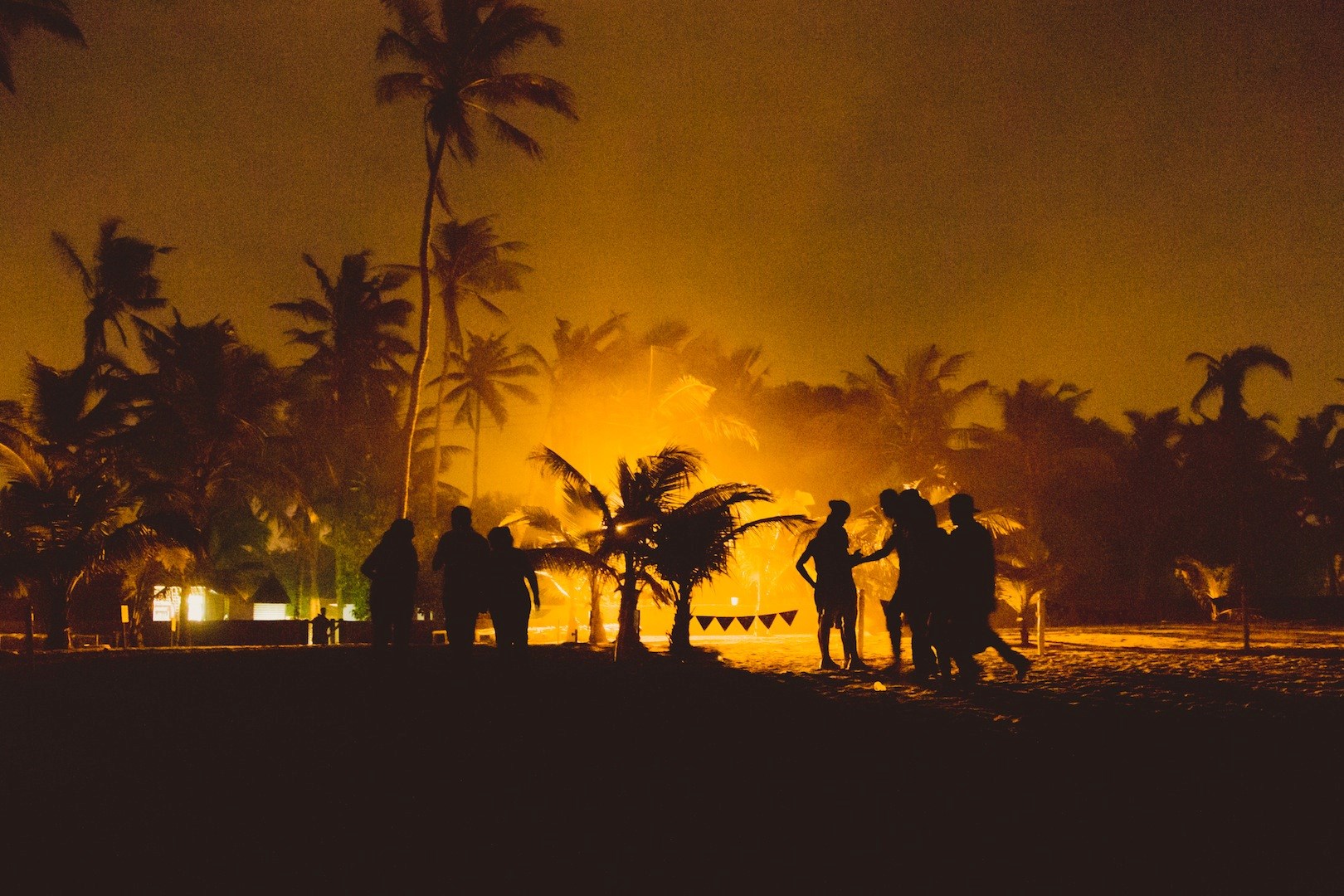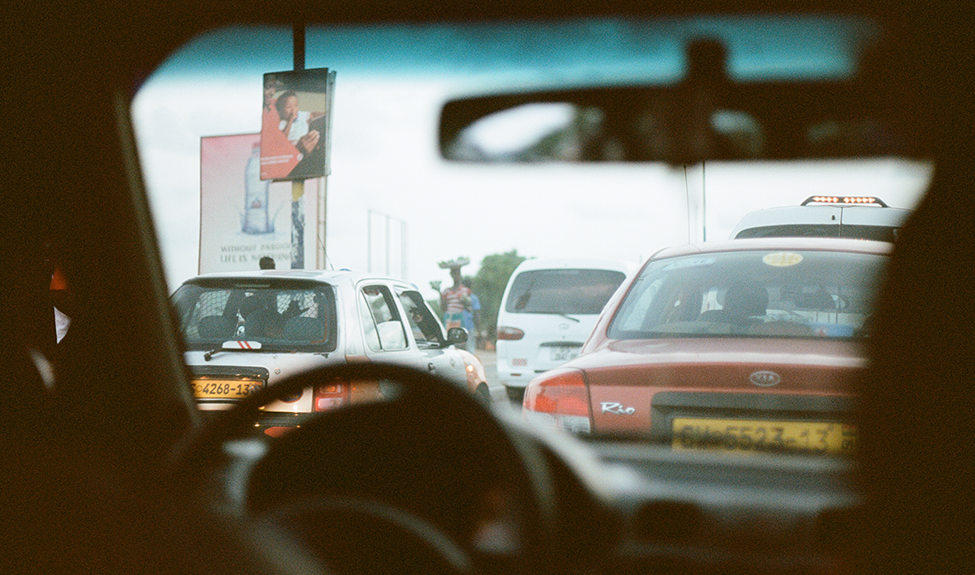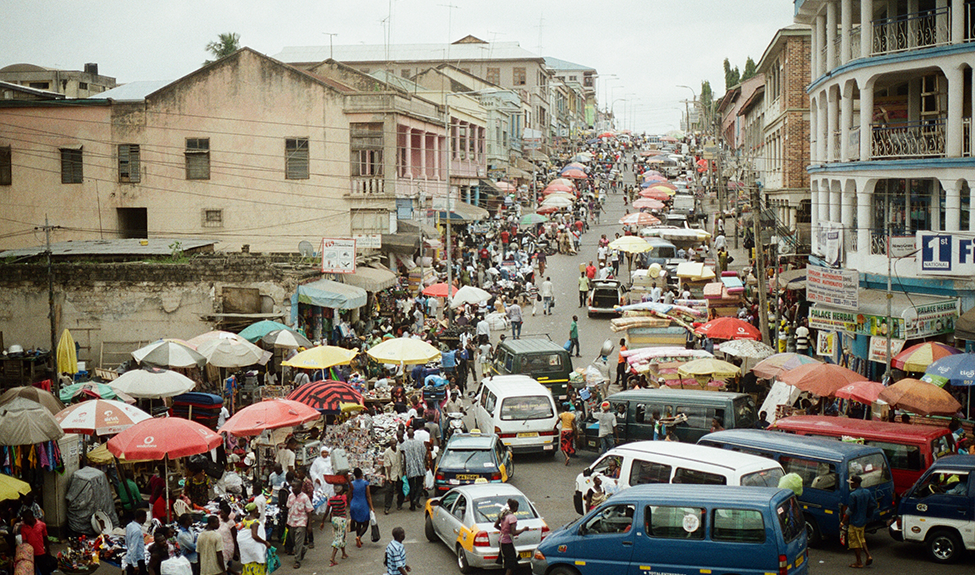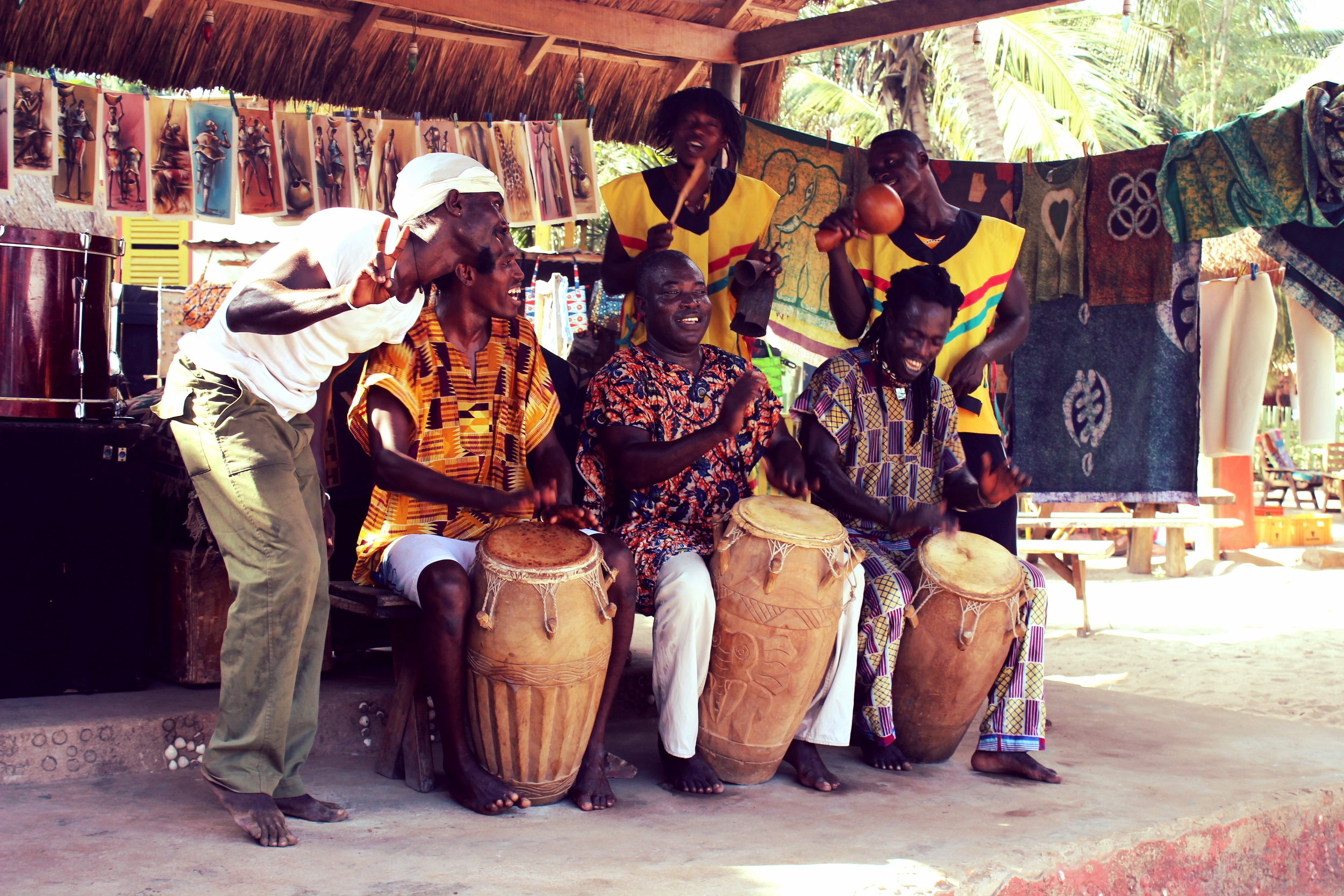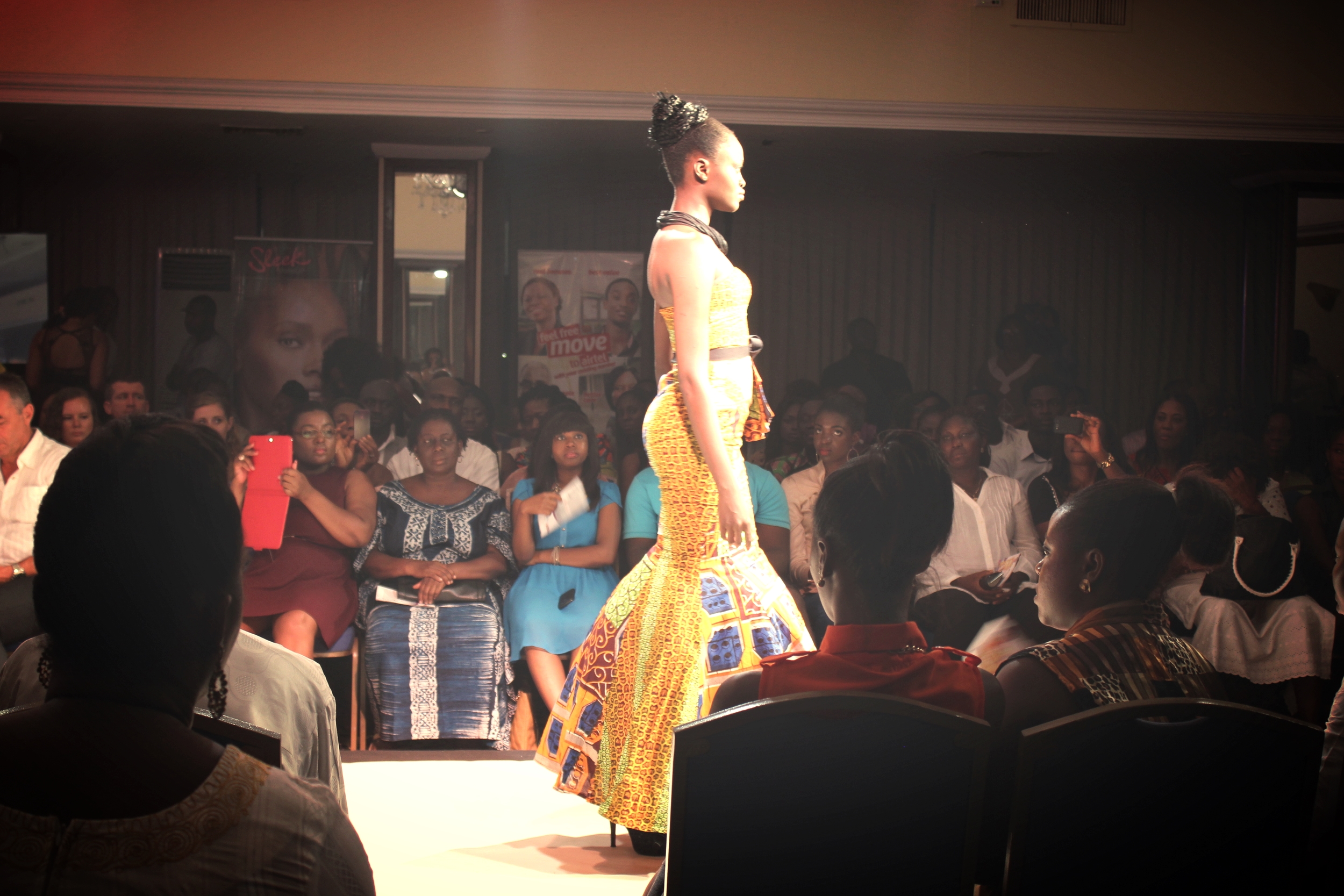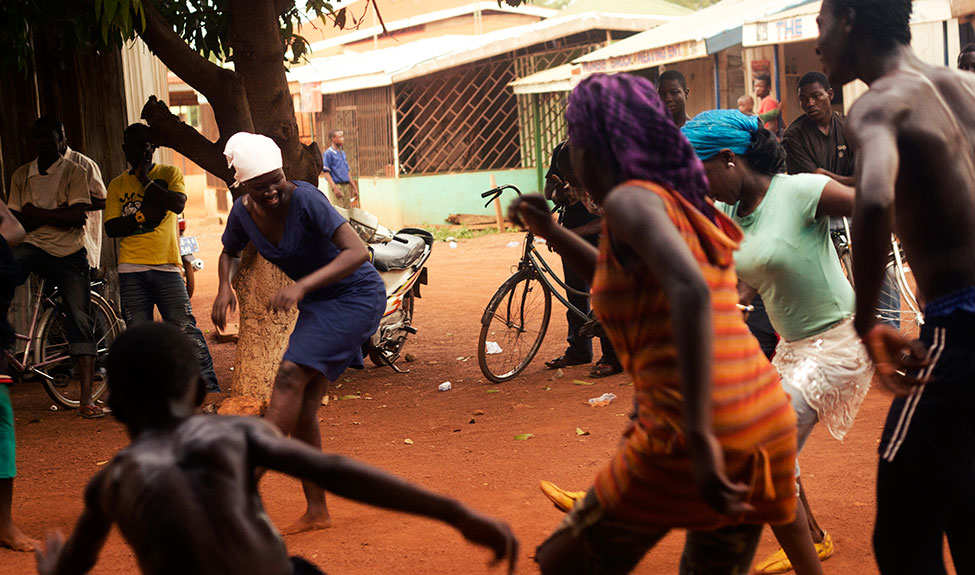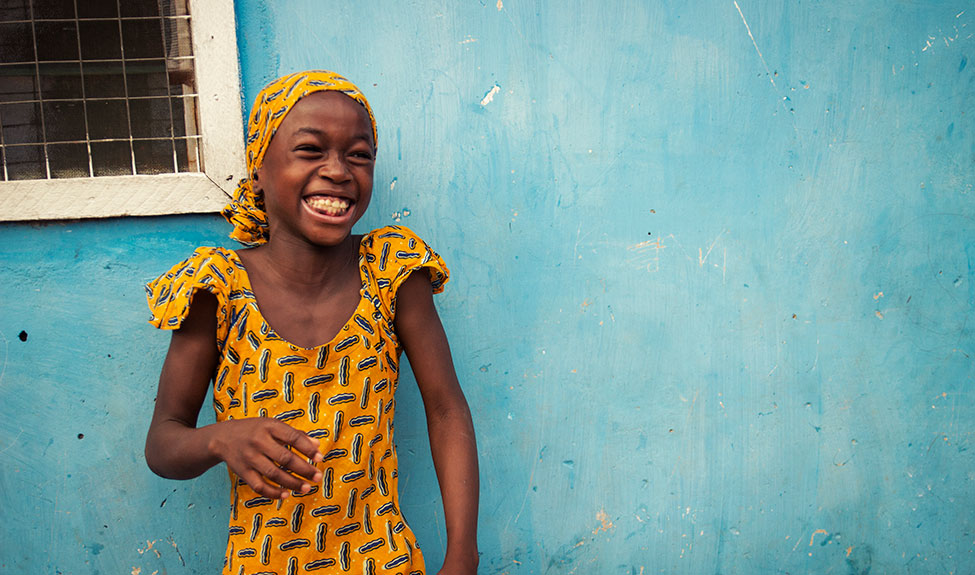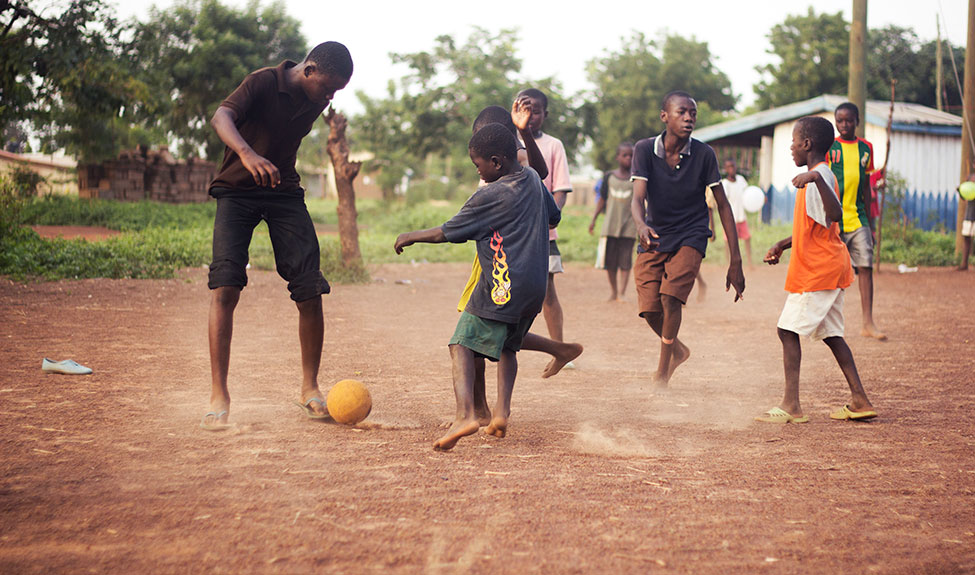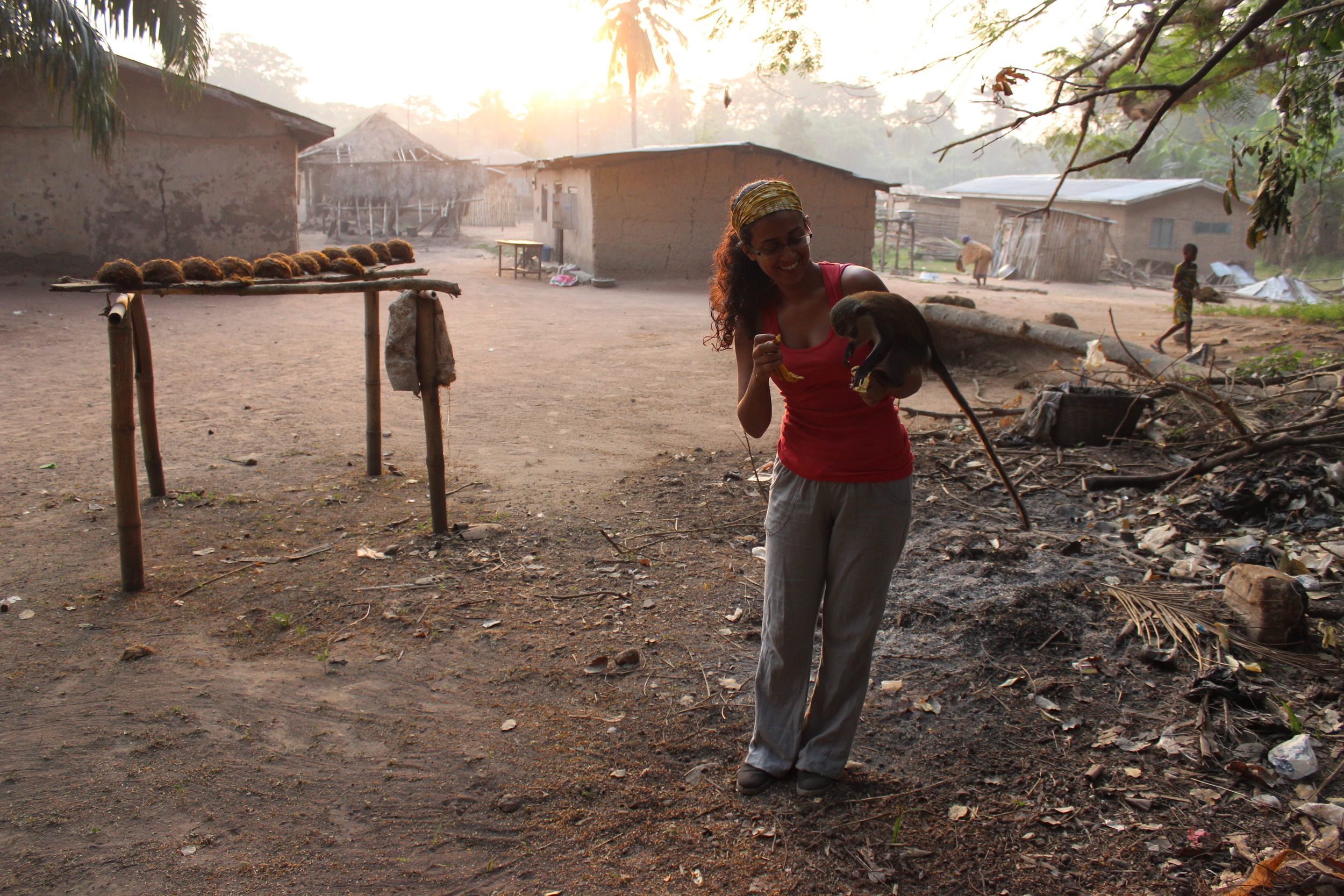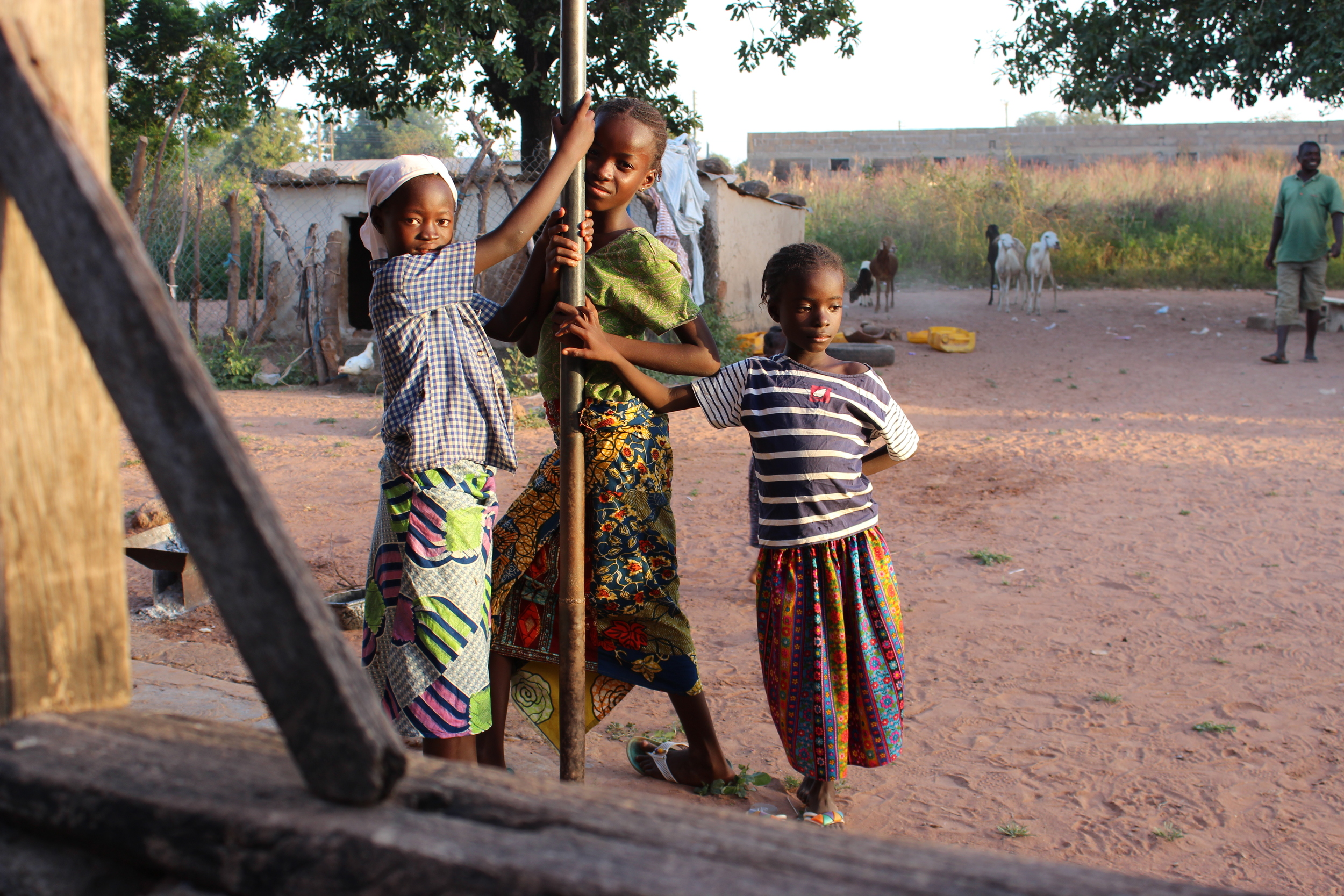Welcome.
From the moment you step out of the plane, you’ll receive a warm welcome from a country known for its hospitality.
Ghana- an English-speaking country- is nestled between French speaking countries in West Africa: Côte d’Ivoire, Togo and Burkina Faso. Located on the coast of the Gulf of Guinea and the Atlantic Ocean, beaches dot the country’s shoreline and fresh seafood is abundant.
Once a British colony known as Gold Coast, Ghana became a central point in the West African slave trade. Ghana’s ports were the final destination or “the gate of no return” as Europeans called it, for the millions of slaves who were shipped to the Caribbean to be sold.
Ghana would eventually become the first African country to declare independence from its colonial rulers, paving the way for other nations. It now functions as a stable democracy that boasts one of the fastest growing economies on the continent.
It’s rich in resources: oil, gold, silver, diamonds, timber, cocoa. Did you know it’s the second largest exporter of cocoa in the world? If you’ve eaten chocolate recently, you have a Ghanaian farmer to thank for that.
In the capital city Accra, rush hour stretches on for hours (so if you’re from any major North American city, you’ll feel right at home).
It’s busy and loud in the best way possible.
There’s always a party going on somewhere- likely in the middle of the streets. Here, even funerals are a cause for celebration.
People can spend their evenings at spoken word events and acoustic performances, or at home watching TV dramas (telenovelas are surprisingly popular).
Outside the capital, life is different. Quieter. Slower.
There won’t be a high rise or shopping mall in sight.
Forget the trotros (microbuses) that people use to get around in the city. Here, motorbikes and bicycles are more common.
Instead of English, you’re more likely to hear languages like Twi, Ewe and Fante.
Across the country on weekends, it’s common to wake up at the crack of dawn to play football. Afternoons are spent pounding fufu, a staple dish made of cassava flour.
There’s so much to look forward to: the food, the music, the culture- but most of all, the incredible people who are ready to welcome you.
Media in Ghana
Ghana’s thriving media industry actively engages its population in dialogue. Many Ghanaians have their favourite journalists or media outlets as contacts on WhatsApp, so they can quickly share news tips when needed.
While there are hundreds of newspapers, TV stations and magazines, radio dominates with over 300 active radio stations and 70% of the country’s population saying it’s their primary source of news.
Ghana’s constitution guarantees freedom of the press and prohibits censorship- and it's routinely ranked well by press freedom groups.
Journalists in Ghana still face challenges, however. They tend to be overworked and under-resourced. Like in other countries, some media outlets have a particular bias. This is why we carefully screen our partners, to ensure we pair volunteers with professionals who operate with the highest ethical standards.
To learn more about the media sector in Ghana, watch this TedxAccra talk by Bernard Avle, a renowned Ghanaian broadcaster (who's also our good friend).
But it’s not all about traditional media. Ghana’s media landscape features diverse professionals including photographers, filmmakers, animators, bloggers and social media professionals.
A decade ago, the country’s bloggers came together to create Blogging Ghana, a network to exchange ideas and build skills. Today, this network thrives and it's a prime example of the collaborative nature that's common in the country.
Every day, these storytellers are on the ground listening closely, capturing voices and helping us make sense of what's happening.




